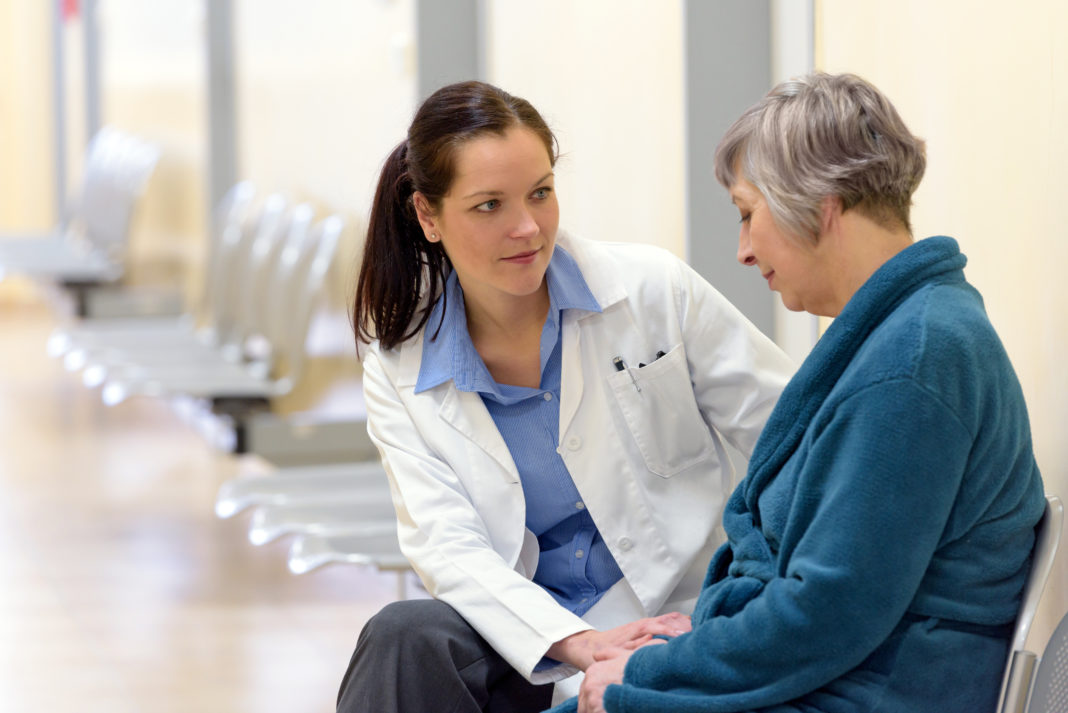– Families encouraged to take action to help keep seniors out of the hospital –
As Ireland plunges into the heart of the winter season, the risk of older people being hospitalised spikes to its highest of the year, despite the fact that almost half of these hospitalisations (48.5%) can be avoided with proper prevention.
According to a new study of nurses in Ireland by Home Instead Franchising Ltd., the winter is the height of hospitalisation season for seniors due primarily to respiratory infections, such as flu or pneumonia, and other winter hazards.
The critical factor in reducing this spike in area hospitalisations this winter is family involvement. Nearly all nurses (96.6%) surveyed say that the role families play in keeping seniors out of the hospital is just as important as the role of the medical community.
Knowing that a hospital stay can actually lead to more serious health declines, home care provider, Home Instead Senior Care, is mounting an informational campaign to educate families and decrease hospitalisations so that seniors may remain at home and healthy year-round.
“Keeping seniors safe at home and out of the hospital starts with family intervention,” said Noeleen Cronin, owner and MD of Home Instead Senior Care in Cork. It could be as simple as making sure your parents are using assistive equipment to avoid falls or suggesting they see a doctor for any new aches or symptoms.”
One of the most common actions by seniors that puts them at risk of hospitalisation is waiting too long to seek medical attention, according to the nurses surveyed.
To help families identify and act on potential warning signs, The Five Ways to Prevent Senior Hospitalisations guide has been produced. The free guide includes information about common risk factors and the steps that families can take to help ensure a healthy lifestyle.
The recommendations include:
- Make sure the older person is taking preventative health measures – like getting a flu shot or shingles vaccination
- Encourage the use of assistive equipment
- Monitor and/or assist with medications
- Attend doctor’s visits and be a medical advocate for your older loved one
- Assess ageing loved one’s balance
- Make sure he or she is able to safely drive
- Check in on ageing loved ones regularly.








